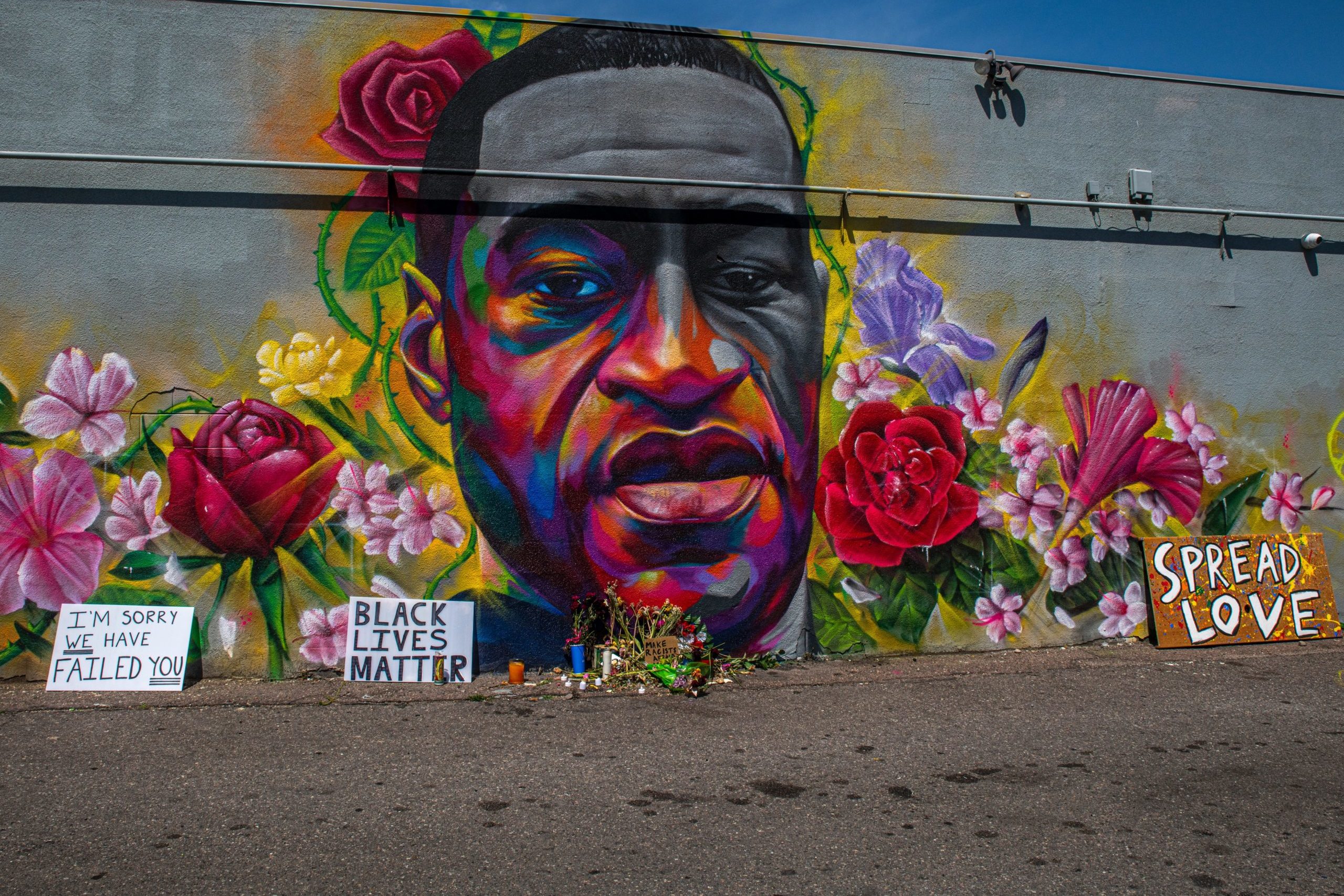Derek Chauvin, the former Minneapolis police officer found guilty in George Floyd’s death, is now seeking an appeal to the U.S. Supreme Court after facing setbacks in Minnesota’s highest court. His choice to pursue this avenue for appeal came to light following the denial of his request by the state’s top justice system.
In a historic verdict on April 20, 2021, a Minneapolis court found Derek Chauvin guilty of second-degree manslaughter and more in the death of George Floyd, an unarmed Black man whose death sparked global protests and calls for justice.
After the conviction, Chauvin’s legal team sought to challenge the outcome through the state’s legal channels. However, their efforts were unsuccessful in Minnesota’s highest court. Determined to continue the fight, Chauvin’s attorney, Gregory M. Erickson, announced that they plan to petition the United States Supreme Court for a Writ of Certiorari.
In this case, Chauvin’s legal team aims to present arguments to the nation’s highest court in the hope of overturning the 2021 conviction.
Derek Chauvin’s conviction was a pivotal moment in the ongoing fight for police accountability and racial justice. The tragic death of George Floyd sparked a worldwide movement demanding an end to police brutality and systemic racism. Chauvin’s trial and subsequent conviction were viewed as a crucial step towards ensuring that law enforcement officers are held responsible for their actions.
The former officers who were present at the scene alongside Chauvin during Floyd’s death also faced legal consequences for their involvement. The trial shed light on systemic issues within the Minneapolis Police Department, leading to an investigation by the Justice Department. The investigation found evidence of unlawful discrimination against people of color within the police department, underscoring the urgent need for comprehensive reforms.
As Derek Chauvin seeks an appeal in the U.S. Supreme Court, the nation remains vigilant in the pursuit of justice. The case has become a focal point in the ongoing national conversation about policing and racial equity. The outcome of this appeal will have significant implications not only for Chauvin’s individual case but also for the broader quest for justice and accountability in law enforcement.
His memory continues to inspire movements and initiatives aimed at addressing systemic inequities and demanding transformative change in the criminal justice system.
As Chauvin’s legal team prepares to present their case to the highest court in the land, the eyes of the nation are once again on the U.S. Supreme Court. The outcome of this appeal will reverberate through the annals of history, shaping the trajectory of justice and the pursuit of equality for all Americans.



